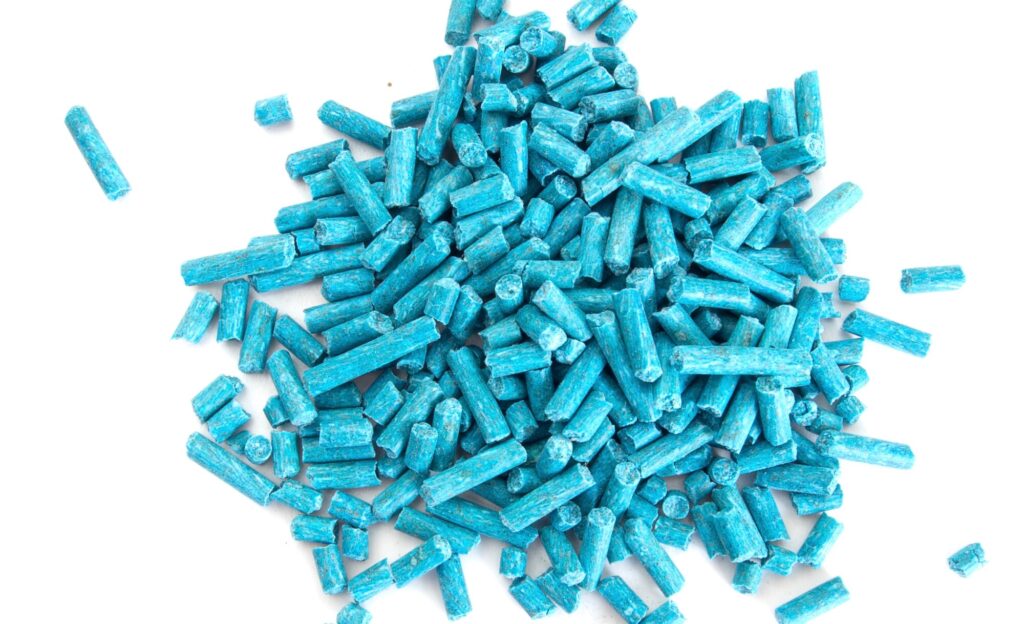Metaldehyde guidelines must be followed, urges MSG
1st March 2021
Report from water companies prompts call to growers to follow best practice stewardship guidelines for metaldehyde, despite the upcoming withdrawal of the active.
Growers applying metaldehyde slug pellets to cereals or potatoes this spring must continue to follow best practice stewardship guidelines, despite the upcoming withdrawal of the active, urges the Metaldehyde Stewardship Group (MSG).
The call comes in response to water companies reporting the worst autumn for exceedances of the drinking water standard, in raw water, since 2017.
David Cameron, chairman of MSG, the industry body set up to promote responsible use of metaldehyde, explains the current withdrawal status.
“Stocks of the slug pellet cannot be sold after the end of February 2021, but farmers may continue to use up existing stocks until 31 March 2022. We’re therefore urging responsible use of pellets right up until the end of the use up period to help stop metaldehyde reaching watercourses in all areas of the UK, especially in drinking water catchments.”
He notes that the wet weather experienced last autumn was very similar to that of 2017 and these weather patterns make water catchments particularly vulnerable.
Alister Leggatt, catchment manager at Affinity Water, who represents Water UK, highlights the impacts this had on water companies in managing water supply within drinking water standard parameters.
“Across the UK, we saw a total of 168 exceedances of the drinking water standard in raw water abstracted by water companies last autumn.
“For one company, this led to 14 abstraction facilities for reservoirs being shut for a total of 127 days when they should be filled to cope with demand for water in the summer. This issue has had a knock-on impact on our ability to provide safe and affordable drinking water to our networks in a number of regions.”
In light of this, Dr Cameron reminds growers of the key stewardship guidelines.
“Metaldehyde slug pellets must only by used as part of an Integrated Pest Management (IPM) programme. Factors such as soil and stubble management, planting methods, weather, trapping and monitoring should all be considered as part of slug control programmes. And, if treatment is necessary, it’s imperative to refer to the full set of MSG guidelines.
“Over the last decade the MSG has paved the way, with support from the wider industry, in showcasing how collaborative industry working can help minimise the risk of metaldehyde reaching raw surface water. However, it’s critical that this continues right up until the use up deadline date of 31 March 2022 to safeguard water quality and support the water companies.”
Mr Leggatt concludes by reminding growers to contact their local water companies for more information regarding available support.

